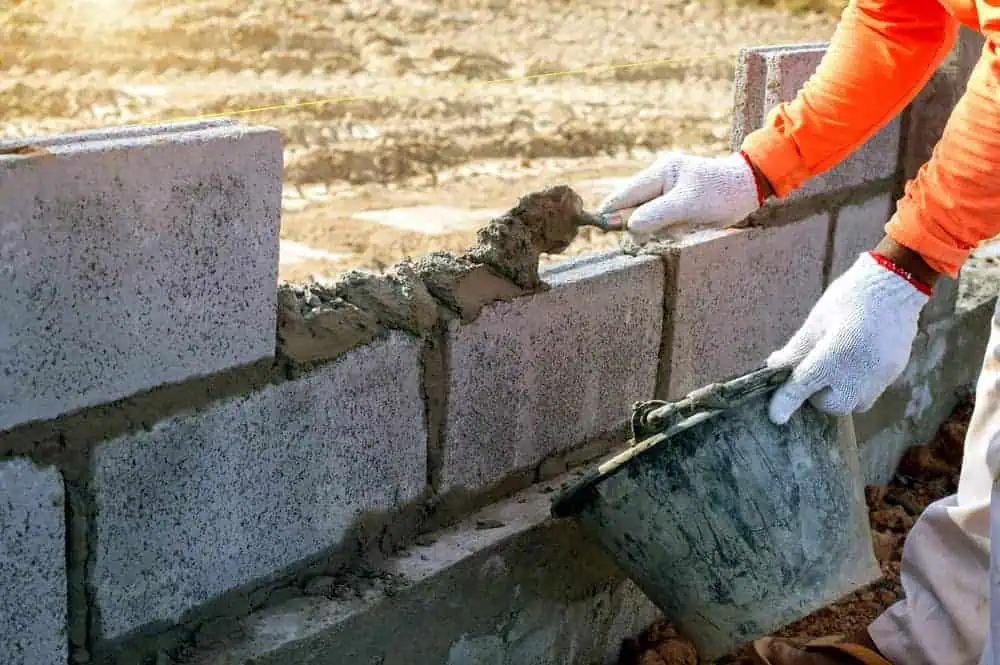Masonry Contractor in Concord, MA
Experience superior masonry services in Concord, MA with Academy Masonry. Quality and durability you can trust.
Call Us Today: 508-501-3272

Masonry construction offers unmatched durability and aesthetic appeal. In Concord, MA, Academy Masonry provides quality masonry services tailored to your specific needs.
Whether you’re working on a residential or commercial project, our experienced team ensures every detail is handled with precision. We use high-quality materials and expert techniques to create beautiful and long-lasting structures.
Masonry construction is a smart investment that adds value to your property. From retaining walls to brick facades, our masonry work enhances the look and durability of your space. Trust Academy Masonry in Concord, MA, for reliable and professional masonry services. Call us today at 617-388-5207 to get started on your project in Middlesex County.
Our team has years of experience in the masonry industry, ensuring your project is handled with the utmost expertise.
We use only the highest quality materials to ensure durability and longevity in every masonry project.
At Academy Masonry, we prioritize customer satisfaction and strive to exceed expectations with every job we undertake.

Investing in masonry construction significantly enhances the value of your property. Whether it’s a new build or a renovation, Masonry structures offer unmatched strength and durability. The timeless appeal of masonry not only improves the visual aesthetics of your property but also provides a lasting investment. In Concord, MA, Academy Masonry are dedicated to delivering masonry services that transform your property and increase its market value.
In Middlesex County, homeowners and business owners recognize the benefits of masonry construction. Our team at Academy Masonry ensures every project meets the highest standards of quality and craftsmanship. From retaining walls to elegant brick facades, our masonry work is designed to withstand the test of time and weather conditions. We use the best materials available, ensuring your masonry project remains in excellent condition for years to come.
Choosing Academy Masonry for your masonry needs means opting for excellence and reliability. Our experienced masons take pride in their work, delivering precise and detailed construction. We understand the importance of combining functionality with aesthetic appeal, ensuring your property stands out. Trust us to enhance your property’s value with our expert masonry services in Concord, MA.

One of the key advantages of masonry construction is its versatility. Masonry allows various design possibilities, from traditional brickwork to contemporary stone finishes. This versatility is ideal for creating unique and customized structures that reflect your personal style and preferences. In Concord, MA, Academy Masonry specialize in offering customized masonry solutions tailored to our clients’ specific needs.
Our team at Academy Masonry has the expertise to bring your vision to life, whether you’re looking to build a stunning new fireplace, a durable patio, or a complete building structure. We work closely with our clients to understand their requirements and preferences, ensuring that every detail is perfectly executed. The result is a beautiful and functional masonry project that enhances your property’s overall look and feel in Concord, MA.
In Middlesex County, we pride ourselves on delivering personalized services catering to residential and commercial clients. Our commitment to quality and customer satisfaction sets us apart as the leading masonry service provider in Concord, MA. We use only the finest materials and techniques, ensuring your masonry project meets and exceeds your expectations. Trust Academy Masonry for all your masonry construction needs and experience the difference that expert craftsmanship can make.
Concord is a town in Middlesex County, Massachusetts, in the United States. In the 2020 census, the town population was 18,491. The United States Census Bureau considers Concord part of Greater Boston. The town center is near where the confluence of the Sudbury and Assabet rivers forms the Concord River.